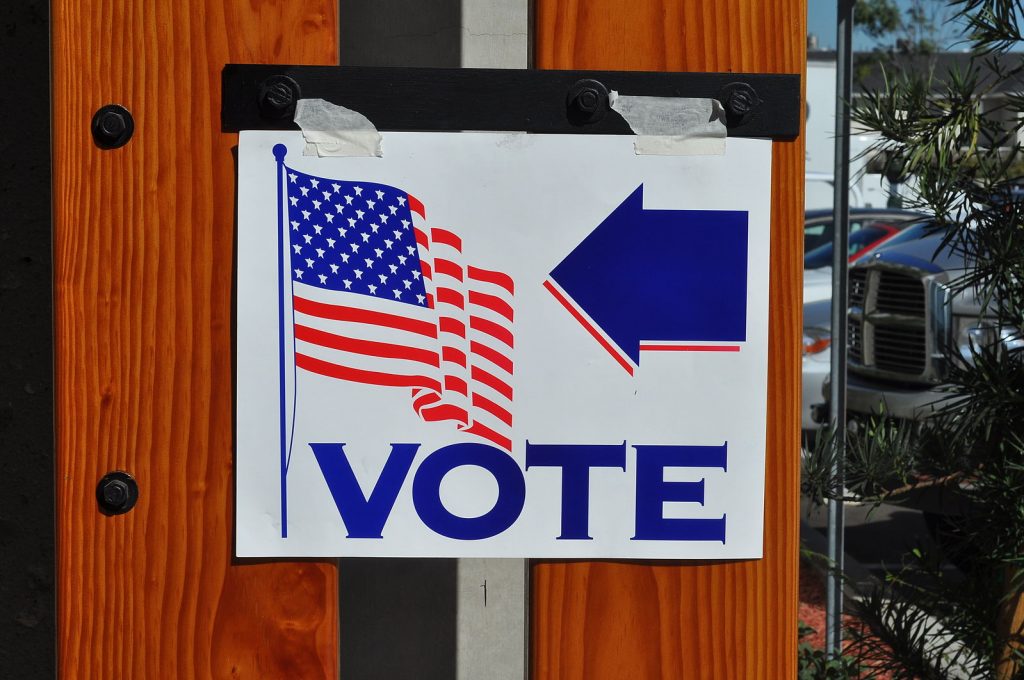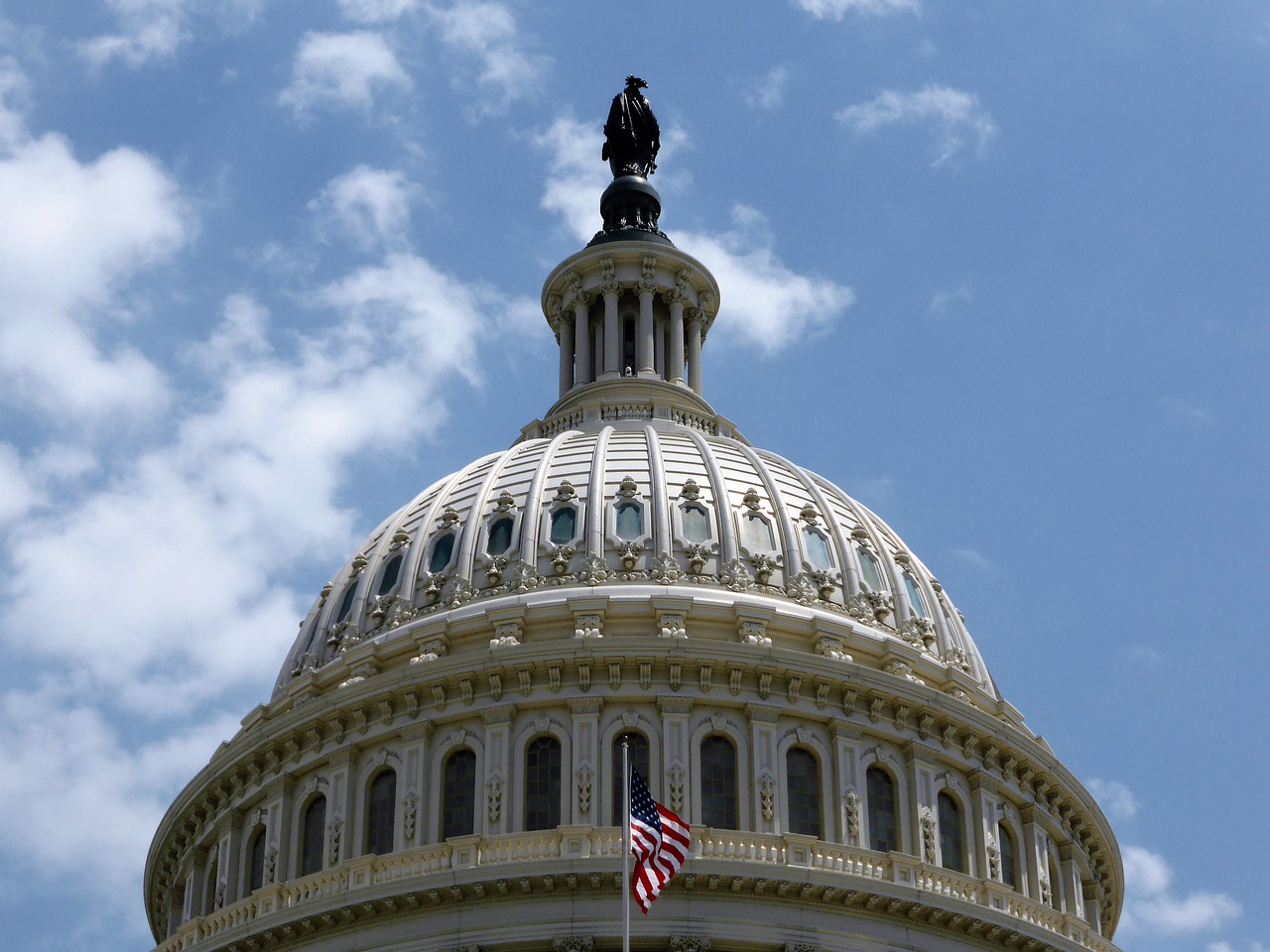Electoral Reform and Voting Rights Expansion Won Big in the Midterms
On Tuesday, as women, non-white people of color, LGBTQ+ people, and progressive candidates made gains nationwide, so did efforts to expand the right to vote and to change the way to vote in America.
In various states across the country, voting rights and electoral reform were victorious in several ballot initiatives, constitutional amendments, and/or referendums petitioned by citizens and on ballots approved by state governments.
In Utah, a state where former Republican Massachusetts Governor Mitt Romney will become their next senator after Orrin Hatch’s retirement, it appears that Proposition 4 — which would create an independent redistricting commission appointed by the governor and the state’s legislative commission to redraw Utah’s federal and state legislative districts every 10 years — remains too close to call.
In nearby Nevada, the majority of voters approved statewide automatic voter registration that can assist with voter turnout in future elections.
In Florida, Amendment 4 — which would restore voting rights of than one million citizens convicted of certain criminal felonies after they have served their own sentences that include prison terms, parole and probationary periods — was passed by a majority of the voters.
In Maryland, where incumbent Republican Governor Larry Hogan defeated progressive Democrat Ben Jealous, the majority of voters supported Question 2, which would establish same-day or election day voter registration where people can register or register to vote on the day of the election. Anti-gerrymandering initiatives were also passed in Michigan, Missouri, and Colorado.
From rural conservative states to urban and suburban liberal states, as well as swing states, the fight for expanding as well as protecting voting rights and combating gerrymandering seems to be on a clear victorious path.




